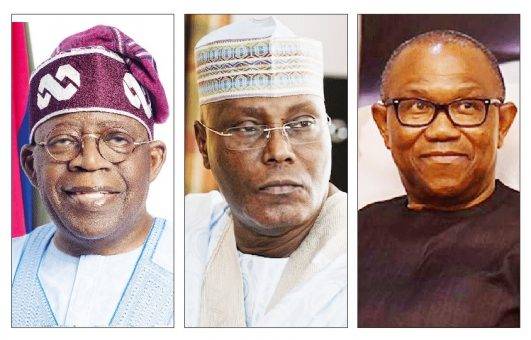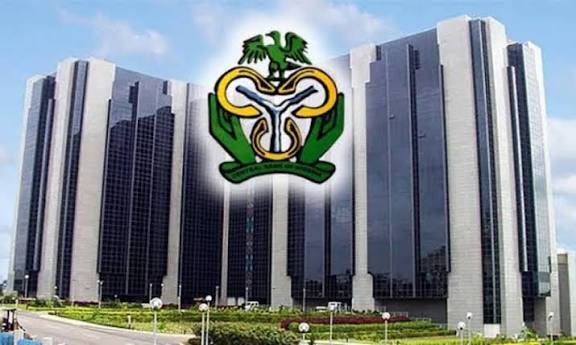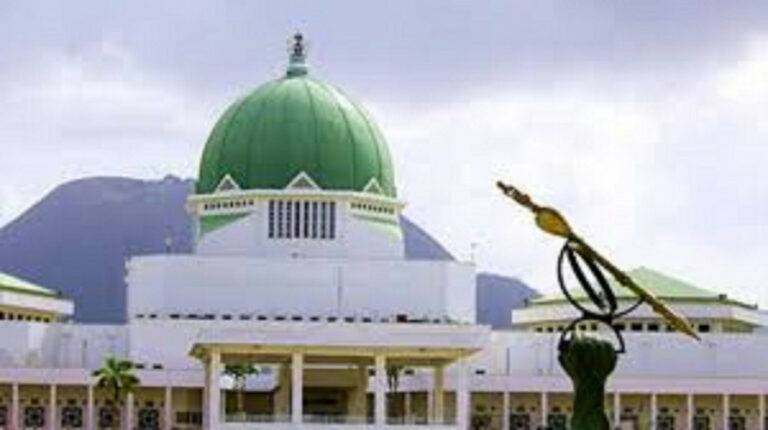Authorities under pressure to remove expensive subsidies that keep fuel prices as low as $0.03 a litre
With the country sitting on top of some of the world’s biggest oil and gas reserves, many Iranians consider cheap fuel to be a birthright.
As western governments struggle to keep a lid on fuel prices, the leadership of Iran faces a very different problem: its petrol is just too cheap.
Heavy state subsidies ensure that Iranian prices start at just $0.03 a litre, a fraction of the $1.10 paid at US pumps or the $1.88 that motorists in the UK are charged to fill their cars.
Oil-rich Iran vies with Libya and Venezuela, which has proven oil reserves greater than Saudi Arabia, as the countries with the cheapest petrol in the world.
But now a widening gap between supply — which is limited by domestic refining capacity — and rising demand has forced the Iranian authorities to tap its strategic reserves and import petrol for the first time in a decade.
This comes at a fraught time for President Ebrahim Raisi and his hardline government, which has struggled to turn around an economy hit by punishing US sanctions.
The regime is also fearful of how the public will respond to next month’s first anniversary of the killing of Mahsa Amini, a 22-year-old Kurdish Iranian. Her death in police custody sparked the mass demonstrations that gripped the country for months last year.
Iranian officials have said refined fuel demand has risen by a fifth since March but that limits on refining capacity have prevented the country from converting any more of its crude oil into products used in vehicles.
As the government makes a significant loss by importing fuel at market rates and then selling it to consumers at a much lower price, there is mounting pressure to end the years of ultra-cheap petrol to which Iranians have become accustomed.
Mohammad-Reza Mir-Tajeddini, a member of parliament, told local media this week that fuel subsidies were now three times more than the country’s total development budget, but “nobody dares to speak” about raising the petrol price.
Doing so risks a repeat of the public outrage that followed last time authorities raised prices in 2019. More than 300 people were killed in a subsequent crackdown on violent street protests, according to Amnesty International.
“The current situation of low petrol prices is not sustainable, but the government does not have the political courage to increase prices,” said Hamid Hosseini, a petrochemicals trader.
“Consumption keeps going up and the government is importing petrol at global rates only to sell at highly subsidised rates. It will be impossible to manage the demand in two years’ time if prices remain the same.”
The $0.03 price is paid for a monthly quota of 60 litres and roughly doubles for any amount beyond that threshold. But some motorists have faced limitations in recent weeks after being told to pump no more than 40 litres at each filling station.
Ali Ziyar, deputy head of the National Iranian Oil Refining and Distribution Company, told local reporters this month that consumption had risen 20 per cent since March to 124mn litres a day, but domestic refining capacity was capped at 107mn litres.
Ziyar confirmed that Iran had deployed its strategic reserves, but officials have not confirmed speculation that refined fuels are also being imported for the first time in about a decade.
Analysts believe Iran bought petrol from its northern Caspian Sea neighbours earlier this year, and more recently from Gulf and Asian states, but these deals were kept quiet to protect the sellers from coming into conflict with US sanctions.
“It puts the government under pressure to pay for imports and speed up development projects to increase refining capacity,” said one analyst.
For those Iranians who consider cheap fuel to be a birthright because their country sits on top of some of the world’s biggest oil and gas reserves, the government’s dilemma does not wash.
“We have massive energy reserves — unlike other governments — why should we accept price rises?” said Ali, a 32-year-old taxi driver. “Are our salaries paid based on international standards? I earn $200 a month. Who in the world earns such a low wage?”
Source: Financial Times














